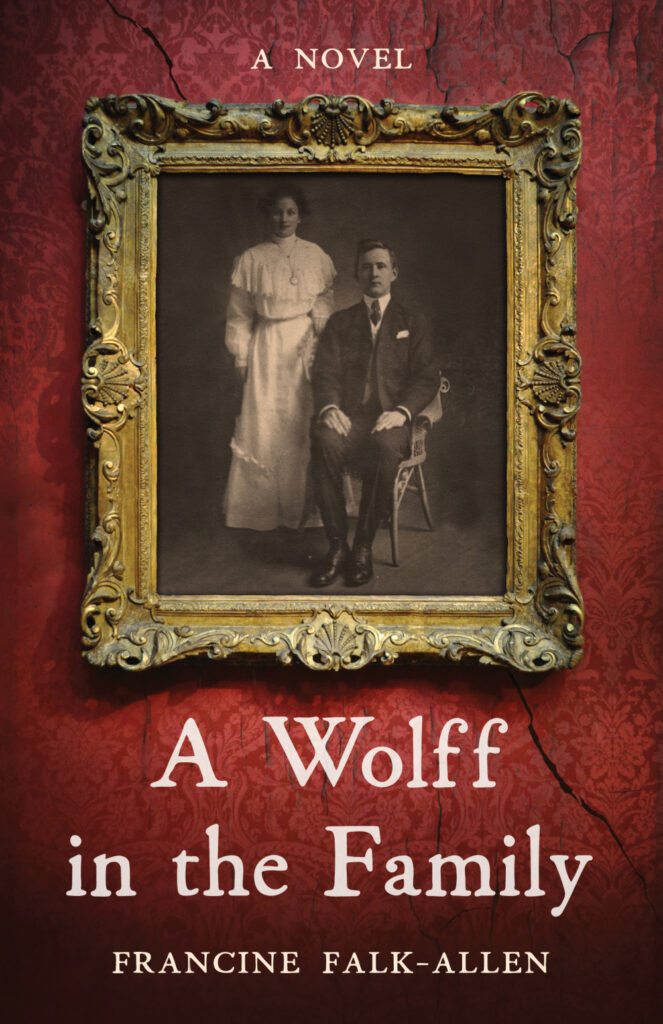Chapter 38
It came to Frank pretty soon that he was going to need to find somebody to watch Clarence, Dorothy, and Willie some of the time, especially when he was away on the rails. He went over to the church and asked one of the women there about childcare. He didn’t tell them exactly why he was inquiring, but they didn’t ask either. He found a young woman, Betty Hoffman, who could come by and even spend the night sometimes. But darned if she didn’t charge fifty cents an hour. Adding it up in his head, he saw that even if he only needed her about twenty hours a week, that would be ten dollars a week. He figured he could keep that to a minimum by having Anita come by as much as possible, but he saw there was going to be a problem once school started because the older kids wouldn’t be home when the little kids arrived there.
Anita was angry with her father. She did her best to contain it when he called her to come to the house yet again.
“Daddy, I’m workin’ full-time now. How do you think I’m gonna come and take care of the kids? I can’t just drop everything . . . It’s a job; you know how important a job is.”
“Well, I need you to help me with this.”
“I know you do. I know you’re not used to takin’ care of kids.” And now maybe you see how it was for Mother, and for Frances, and for me, all these years. “Listen, I’ll take Clarence and Dorothy over to the boardinghouse some days after school. But I can’t promise to do it every day, or even all the times when you’re gone.”
“Okay. We’ll see how it goes. Maybe you will be able to take them every day once you get started with it.”
Anita burned inside but held her tongue. What had his plan been? It was clear he didn’t have one.
She asked Mrs. Hancock to let her go get her little brother and sister at the school several times a week and bring them to the boardinghouse, where they could stay in an empty room and read. They were usually quiet kids.
Mrs. Hancock gave her a look that said, You’ve got to be kidding, but said yes—with the condition that it could only be until her family worked out something else.
“What about your mother?” she asked. “Is she ill?”
“My mother is in Oklahoma right now . . . with her mother, who’s getting on and isn’t always well. And my father, as you know, works the railroad, so he’s gone a lot. The older kids don’t get home from school until after the little ones. Daddy’s arranged for a sitter, but it gets real expensive . . .”
“Uh-huh. Well. I understand, but you got to tell your daddy that his problems are not my problems. If the kids cause any fuss, that’s the end of it.”
Things went well for about a week, and then one day Clarence couldn’t contain himself and chased Dorothy through the dining room, giggling and sliding along the floor, stumbling once and almost knocking over a vase.
Mrs. Hancock heard the ruckus but didn’t see how close the kids had come to causing a disaster. “Hey, now, you kids, you belong in the extra room,” she chided them. “You go on up there and be quiet.”
Anita was using the carpet sweeper in the parlor and thought she’d had an eye on the two rascals. She thanked her lucky stars that the kids hadn’t broken anything.
“Mrs. Hancock, I’m sorry; I’ll keep a closer eye on them.”
And then came the wail. She and Mrs. Hancock exchanged a look, Anita’s saying, Oh, no . . . and Mrs. Hancock’s saying, That’s two times . . .
Anita ran up the stairs to find Dorothy face down on the floor, sobbing. She shut the door, sat down on the carpet, and gathered the little girl into her arms. Clarence watched with wide eyes, not knowing where this was going; they were already in trouble.
“Honey, what is it? You two weren’t hitting each other, were you?”
“Nooooo!” Dorothy wailed. Her sobs were not subsiding a bit.
“Honey, you’ve got to calm down and tell me what’s the matter.”
“I want Mama! I just want Mama to come home!”
With this admission her crying only increased in intensity and volume, and she was soon hiccupping to catch her breath.
Clarence got caught up in the emotion, tears forming in his eyes, and soon he was crying too, though more quietly. “I want Mama too,” he said plaintively. “When is she coming home?”
Anita reached out her arm to invite Clarence to her other side, and he fell to his knees and leaned against her.
“Listen. Mama is gonna be gone a while. You kids have to be good. I can’t have you here if you’re gonna be cryin’. I could get in trouble and lose my job, and I need this job. I don’t live at the house anymore, remember? That’s because now I am grown-up and I have to work. So can you please be good? I know it’s hard. I miss Mama too.”
“Where is she?”
“I think I told you before, she’s down at Grandma Sims’s farm.”
“Can we go on the train to see her?” Dorothy asked.
“No, you can’t, you’re in school.”
“Well when is she coming home?” Clarence asked again.
“I don’t know. We just have to try to get along without her for now.”
Read Francine Falk Allen’s book A Wolff in the Family: A Novel on Amazon.
About Francine Falk-Allen

Francine Falk-Allen was born in Los Angeles and has lived nearly all of her life in northern California. As a former art major who got a BA in managerial accounting and ran her own business for thirty-three years, she has always craved creative outlets. Over the years, this has taken the form of singing and recording with various groups, painting, and writing songs, poetry and essays, some of which have been published.




Thank you so much for posting this chapter from my book! I hope people will find it and enjoy it.
Thanks, so much for contributing it, Francine and much luck on your book.